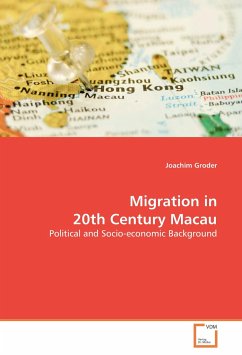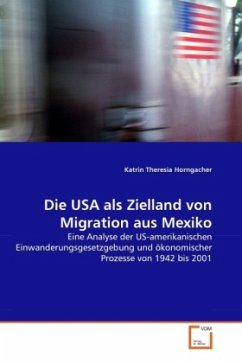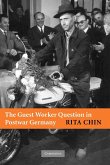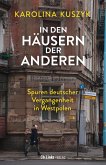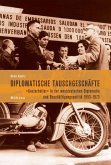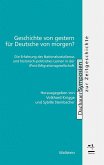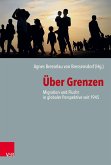Macau, the small territory on the South China coast administered by the Portugal until 1999, saw major refugee waves, immigration, emigration and through-migration throughout the 20th century. The author looks at the 100-year period from the Boxerrebellion in 1900 up to the end of Portuguese administration andhand-over in 1999. These population movements and their accentuated oscillations were one of the main factors, if not the mostimportant factor, shaping not only the demography of the territorybut also its culture, society, politics and economy. How did the nature of these temporary or definitive migratory movements change over the years, in terms of size, composition, origin, push/pull factors and impact on the territory? The author draws on a widerange of primary sources from historical archives in Macau, HongKong, Lisbon and London. The publication is of interest not only to demographers, historians, and geographers, but also economists, social and political scientists andstudents of the East and SouthEast Asian area.
Bitte wählen Sie Ihr Anliegen aus.
Rechnungen
Retourenschein anfordern
Bestellstatus
Storno

